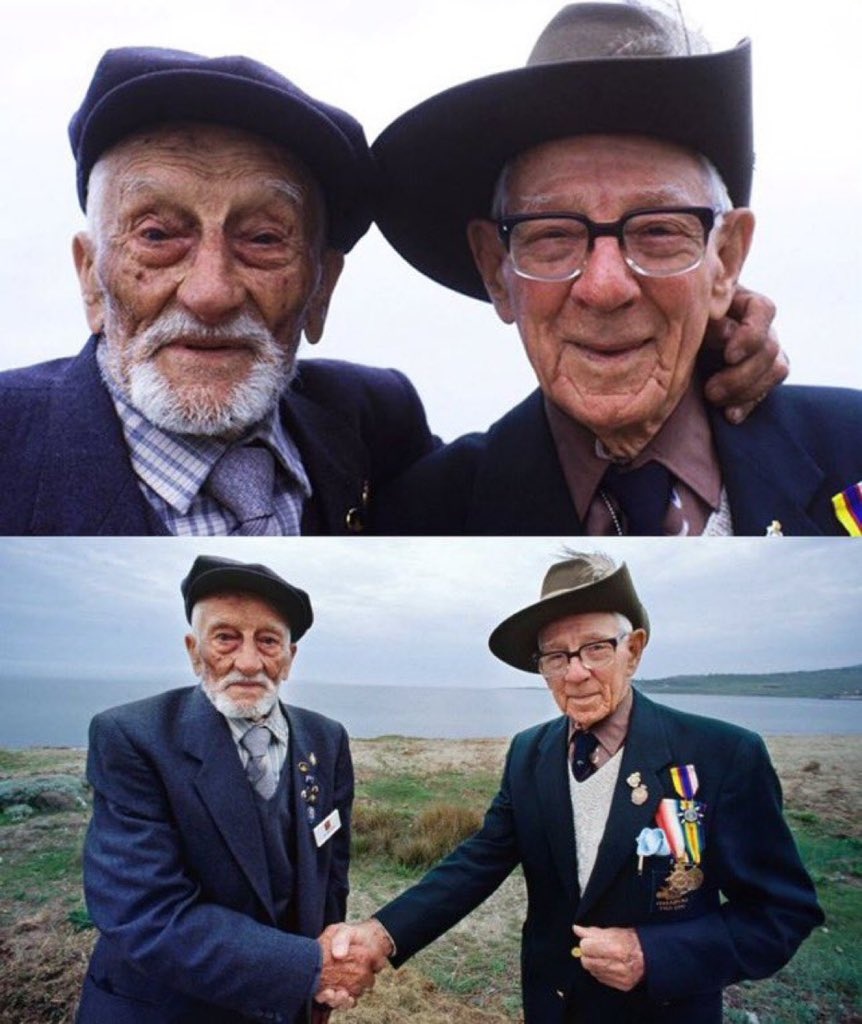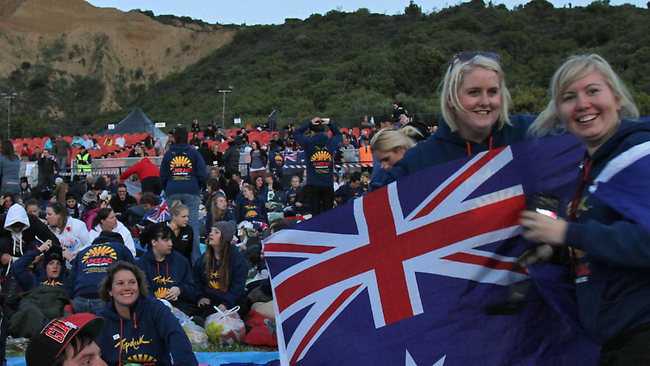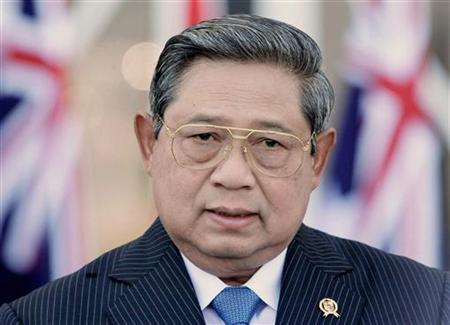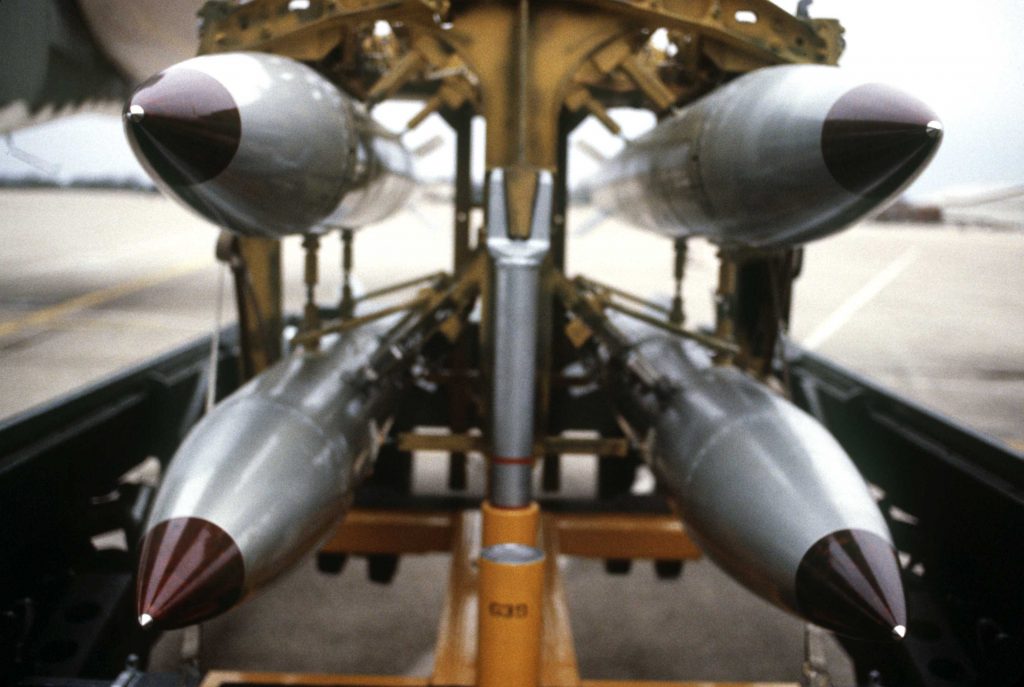Turkey puts $60 million into multimedia encounter, writes Russell Maclennan-Jones
Turkish World War I memorial at Canakkale near Gallipoli, Turkey. Photo / Supplied
People on this side of the world have a clear picture of Gallipoli: mateship, valour, sacrifice in a small campaign that we lost on the way to winning World War I. It’s far more complicated for Turkish people. They won the campaign at the cost of many lives and saved their country, but went on to lose the war.
They lost an empire, too, but from its ashes rose modern Turkey, a prosperous, fairly stable country linking Europe to the Middle East.
A new centre near the battlefields of a century ago makes it easier for visitors to get a Turkish perspective. Allied victory there, and greatly increased support for Russia through the Bosphorus, could have ended the war swiftly and even altered the Russian revolution.
The Turks have spent nearly $60 million on the Canakkale Epic Promotion Centre and epic is the right word. It’s history as entertainment and a vivid celebration of the men who defeated the invading Anzacs, British and other Allies, in 1915.
Conceived as a multimedia extravaganza, with actors bringing many scenes to life in film segments, the building has an ambitious flowing scheme to cope with big crowds moving from one multimedia experience to another.
No media trick is forgone, from the 3D thrill of being shelled by a battleship to hand-to-hand battles in the trenches on the peninsula. It gets pretty confusing and is very noisy. Headphones provide an English translation, which can be a bit hard to follow.

Generations of Kiwis mark the battle’s start on April 25, Anzac Day, but the Turks celebrate March 18, when they routed Allied navies, a defeat that led to the invasion attempt, and this naval battle takes up a lot of the experience.
Guides lead the 30 or so people in each group from room to room. At one point you’re on the heaving deck of a battleship, at another you feel as though you are in the middle of the fighting.
Some of the acting is unconvincing (British Navy types discussing tactics, all in Turkish, of course), but the ordinary soldiers bring some of the scenes to life. Facts, figures and statistics are sparing. It’s more a matter of the feeling that the homeland was under threat and brave soldiers stood up when it mattered.
Allied soldiers are shown being shot down on the beach, and the ruse of guns left to fire themselves as the Anzacs withdrew is depicted in detail. But between those two events little is shown of the Allied effort or of how the soldiers scraped an existence on the unfriendly hills.
After the high-tech experience I hope schoolchildren are taken up the hill to where their forefathers fought ferocious battles. The graves there show how many people died in what was a fruitless campaign.
Because the centre is new, tour groups may not have incorporated visits yet. The best way to get there is to take a taxi from Eceabat. Buses are infrequent. If you can spend two or three days in Eceabat or Canakkale do visit the centre and take a guided tour of the battlefields. To avoid crowds go at dawn or sunset and ask a taxi driver to show you the landing places and cemeteries.
CHECKLIST
Getting there: Emirates flies daily from Auckland to Dubai with a connection there to its flight to Istanbul. fares are currently available from $2,497 return.
By Russell Maclennan-Jones

VIDEO Anzac Day weather forecast (2:56)
- Turkey: Why would you walk 500k’s?
- Russell Baillie: Commanding but not compelling
- Turkey: Rising from margins to centre stage
- Veterans revisit ‘end of beginning’
Related Tags
- Anzac Day
- Europe
- International Travel
- Turkey





